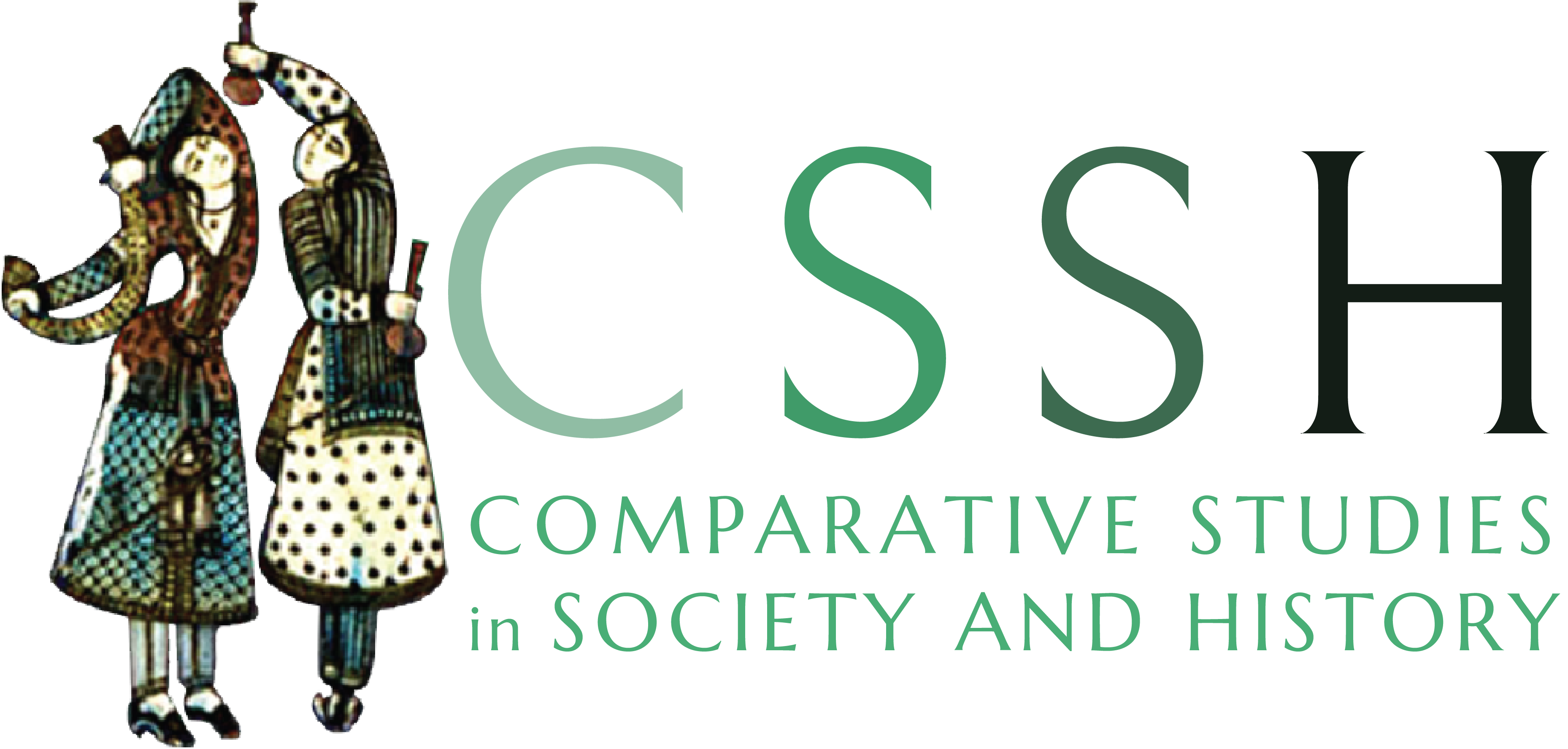Congratulations to Matthew Shutzer, winner of this year’s Jack Goody Award, for his article, “Subterranean Properties: India’s Political Ecology of Coal, 1870–1975” (CSSH 63-2)!

The award jury, comprised of 2021 Honorable Mention awardee Amy Chazkel, Phillip Gorski, and 2021 Jack Goody Prize winner David Mosse, had the following praise for the article:
The winner of the CSSH Jack Goody Award for 2022 is Matthew Shutzer for his article, “Subterranean Properties: India’s Political Ecology of Coal, 1870-1975,” which traces the surprising and often counterintuitive history of legal claims along India’s mining frontier. This remarkably original and densely documented work combines environmental history, the history of capitalism and the study of the post-colonial transition in legal and political-economic regimes. In the author’s evocative words, the commercialization of Indian coal “inscribed itself onto the landscape by generating a recurring and cumulative logic of disaster” as it devastated farmland, and as it literally and figuratively crushed mine workers and their families under the collapsing trappings of the hastily and haphazardly constructed infrastructure of the commodity boom. Shutzer provides a nuanced historical reconstruction of the way subterranean property was forged, beginning with colonial constructions of zamindari custom, which codified precolonial agrarian entitlements into a category of property holding through the eighteenth-century Permanent Settlement developed in Bengal and then broadly applied across British India. Coal companies pushed their way into, and made use of, the legal void to acquire dominion over the wealth both below and aboveground and the labor needed to extract it. The article provides a rare, granular historical recounting of how the powerful pursued strident, “dubious” and improvised property claims at the frontiers of written law to open up new forms of control over newly discovered natural resources. Shutzer’s exploration of the use of “zamindari logic” in forging an extractive industry out of an agrarian landscape is one element in this brilliant contribution to the debate among political ecologists about how abstractions of law and property in South Asia (and elsewhere) were worked out through contingent action, commercial interests and repressive violence. Shutzer shows how the emerging legal and political-economic foundations of subterranean property claims did much more than establish the juridical logic of resource extraction; they shaped the lives and livelihoods of agrarian workers cultivating the land aboveground just as powerfully as they impacted the mineral wealth below. The careful account of how law of property for coal “encoded …histories of dispossession” points to the relevance of the article’s argument for contemporary political struggles over land, resources and the rights of indigenous peoples. This piece is, above all, the story of property law, and its contributions in this field resonate well beyond the Indian subcontinent. One of the article’s most extraordinary achievements is its denaturalization of property ownership itself. Rather than imposing the property regime of the metropole, proprietary control over land and resources was achieved via the intentional reinvention of customary practices and values in tandem with shifting readings of existing law. In tracing the story of how coal became property in nineteenth- and twentieth-century India through the translation of a range of agrarian interests and semifeudal prerogatives into subterranean capitalist property claims, Shutzer provides precious insight into the human thought and agency behind a process too often taken as unfolding of its own rationalizing logic.
About the Author
Matthew Shutzer is a postdoctoral Academy Scholar at the Harvard Academy for International and Area Studies, and was previously the Ciriacy-Wantrup Fellow in Natural Resource Economics and Political Economy at the University of California, Berkeley. In 2023, he will begin a position as Assistant Professor of Global and International Studies at Bard College. He is currently completing a book manuscript on the history of fossil fuels and capitalism in modern India.
Congratulations, Matthew Shutzer! Learn more about CSSH‘s Jack Goody Award here.


